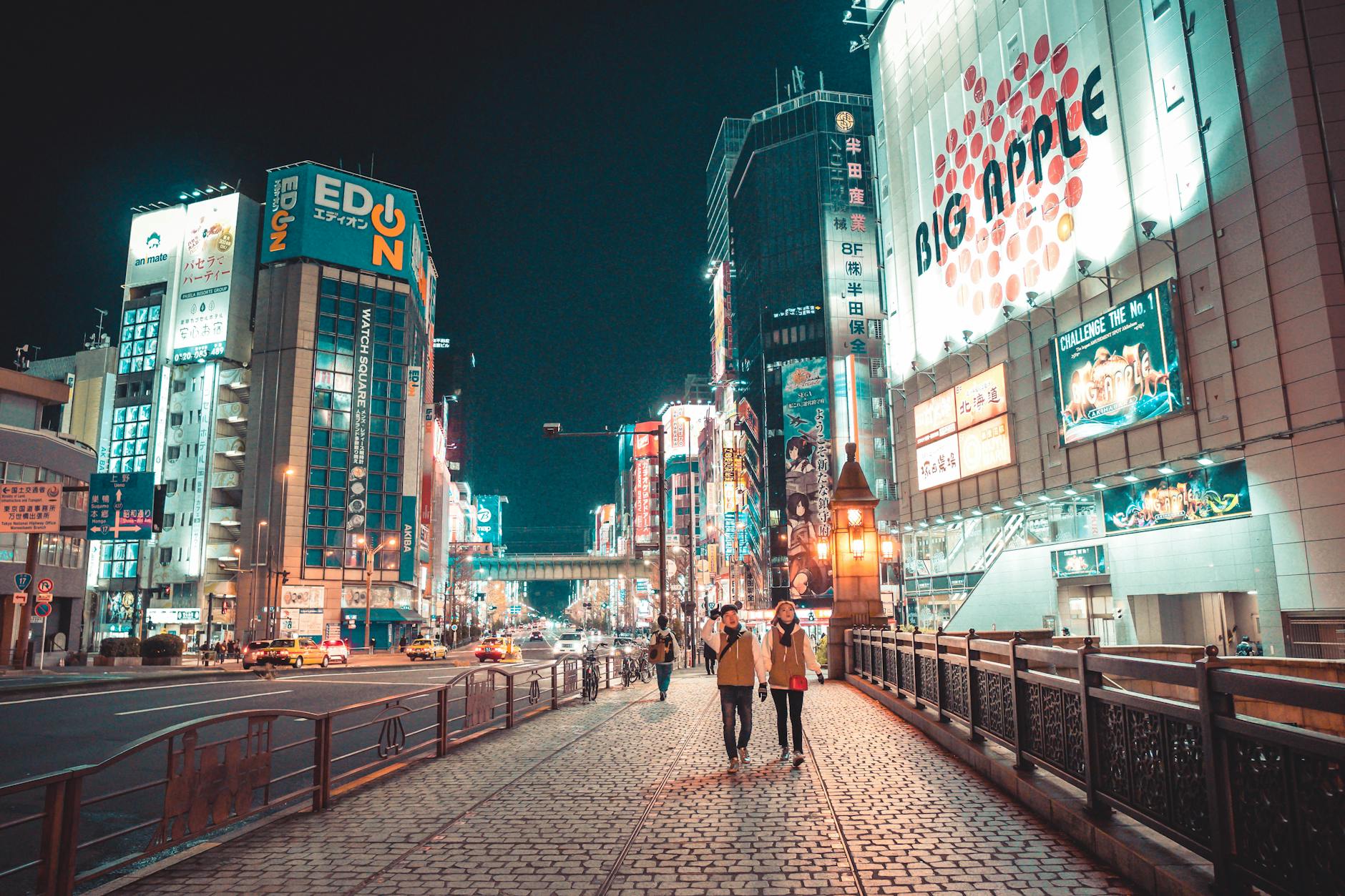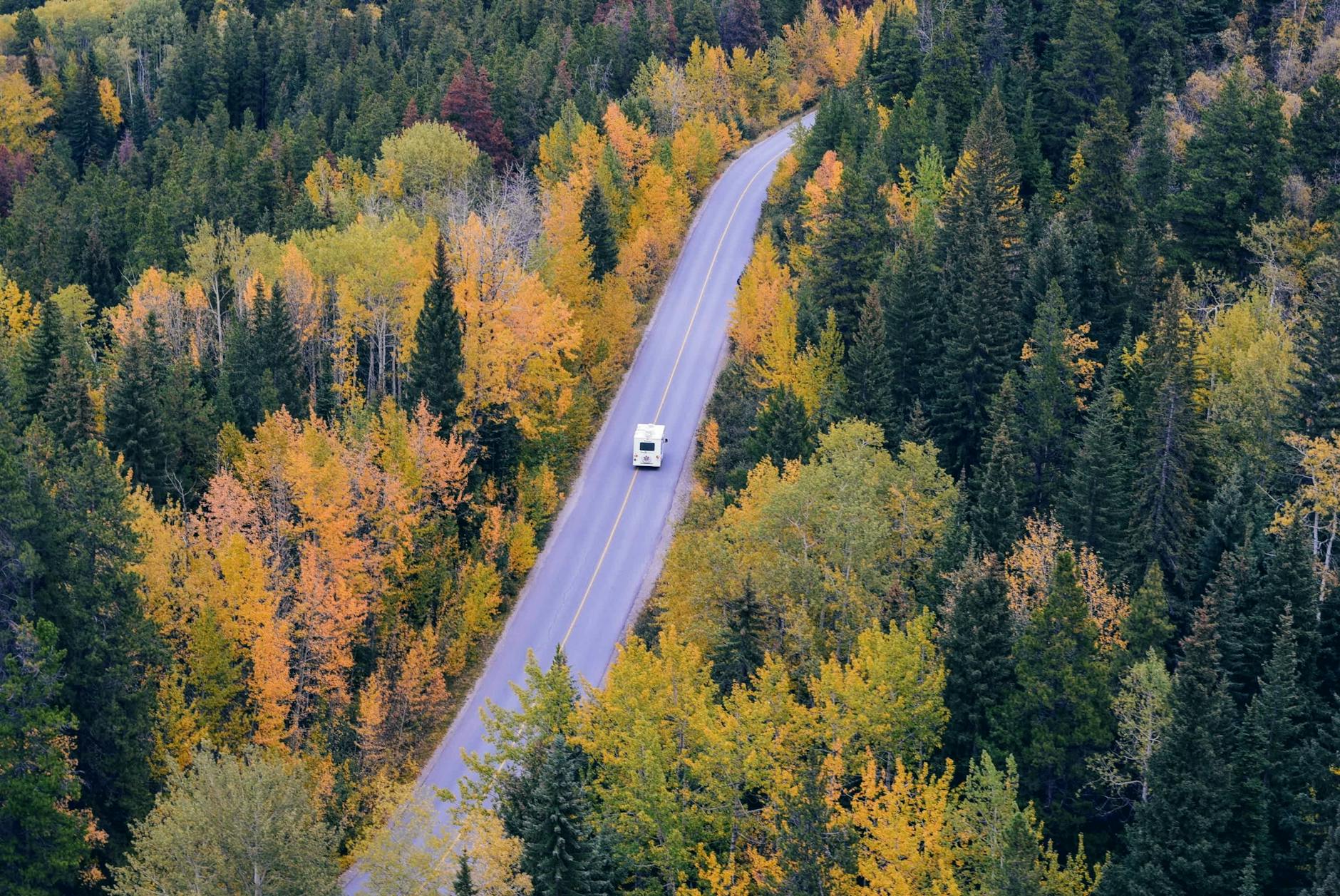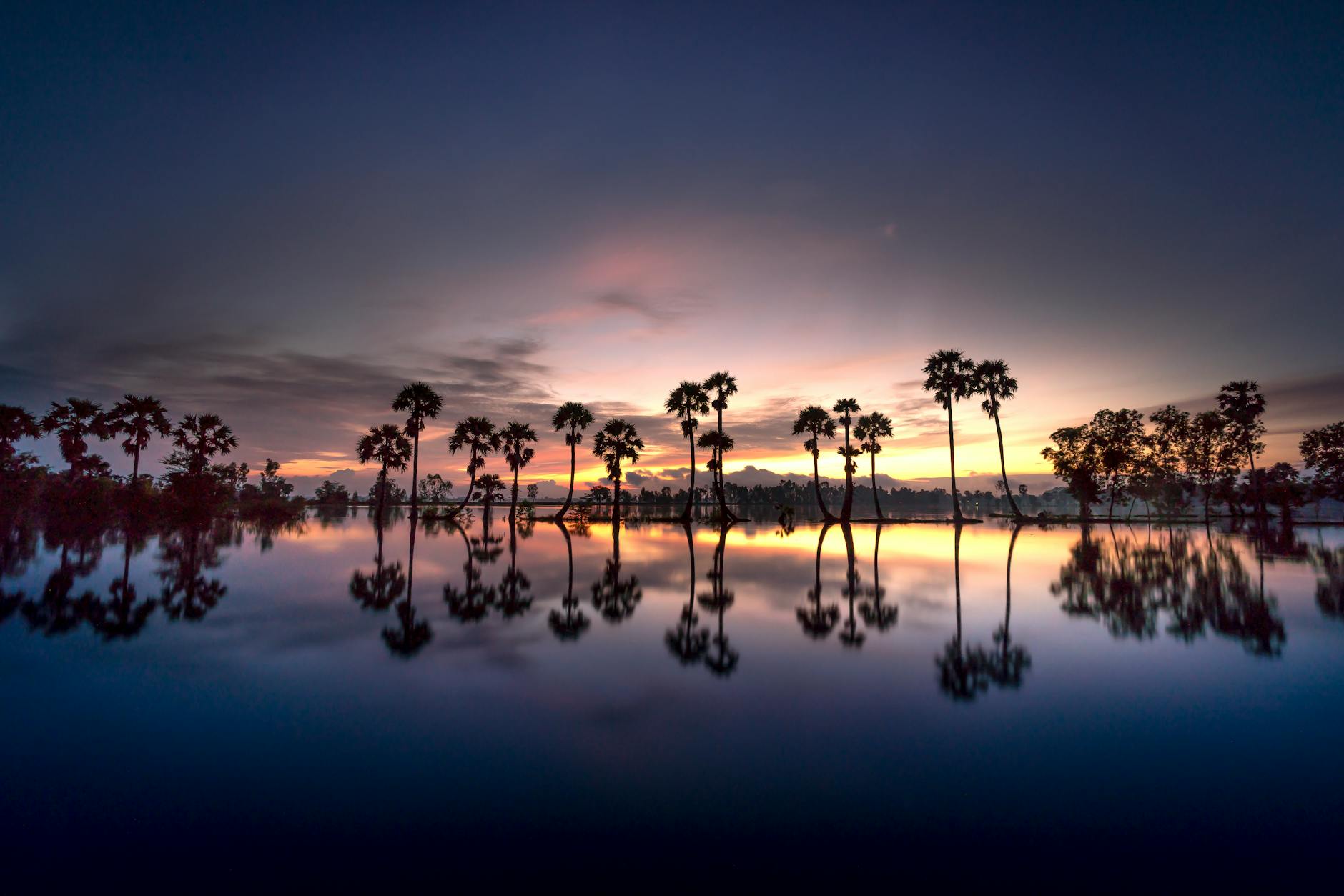How to Explore Australia While Preserving Its Unique Biodiversity

Eco-Friendly Travel Tips
Eco-friendly travel isn't just about exploration; it's a way to immerse oneself in diverse ecosystems while being mindful of our environmental impact. One avenue worth exploring is embarking on a Galapagos cruise. These cruises offer a unique glimpse into untouched biodiversity, presenting an opportunity for travelers committed to sustainability to witness these wonders firsthand.
When selecting a tour provider, it's crucial to investigate their commitment to environmental responsibility. Look for operators that support local conservation initiatives and prioritize educational experiences. This focus ensures that you're traveling with purpose while minimizing negative impacts on fragile ecosystems.
To deepen your connection to nature, consider an African safari that incorporates conservation activities. These safaris allow you to engage actively in preserving habitats for African wildlife, offering a rich learning experience that aligns with environmental values.
As you embark on South American tours, take simple steps to reduce your ecological footprint. Use sustainable travel practices, such as carrying reusable water bottles and avoiding single-use plastics. One shining example of sustainability at home is the Federation Square in Melbourne, known for its green initiatives. Incorporate such practices wherever you travel to ensure you make a positive impact.
By integrating these eco-friendly travel tips, you'll be enriching your knowledge of the natural world and supporting its preservation efforts.
Exploring Diverse Ecosystems
Understanding Australian Flora
In the vibrant green lungs of Federation Square, I find myself continually amazed by Australia's remarkable flora. It's inspiring to witness sustainable initiatives here that prioritise the careful preservation of our native plants. When travelling, I advise paying particular attention to tour operators who acknowledge the delicate balance of ecosystems and actively work to protect them. Incorporating insights into local conservation efforts can significantly enhance South America tours, offering a sustainable lens through which to explore.
Observing Native Fauna Responsibly
Responsible observation of fauna allows us to connect with nature without causing harm. It's crucial to maintain a respectful distance from wildlife, a principle echoed in the Royal Botanic Gardens Victoria’s guidelines. Tourists should seek experiences that educate them about animal behaviour and habitat preservation. Such mindfulness is imperative when exploring destinations like Kenya on South Africa tours or trekking through biodiverse regions in South America, offering both ethical enjoyment and valuable knowledge.
Participating in Citizen Science
Involving oneself in citizen science projects is an empowering way to contribute to biodiversity conservation. Environmental projects at CERES Community Environment Park are excellent examples of community-driven efforts bolstering sustainability. While participating in South America travel, consider seeking out opportunities to engage in data collection or community science projects. These experiences not only enrich your understanding but significantly aid research and preservation of fragile ecosystems globally.
Preserving Natural Habitats
Identifying Threats to Biodiversity
It's critical to pinpoint the factors that threaten biodiversity, as these challenges directly impact our efforts to preserve natural habitats. Habitat destruction is, undeniably, among the leading threats, where urban expansion and deforestation disrupt ecosystems. Pollution, including plastic waste and chemical runoff, also significantly affects biodiversity, as it contaminates soil and waterways. Climate change exacerbates these issues, altering habitats faster than many species can adapt. In Melbourne, the threats are evident when observing environmental changes around areas like the Royal Botanic Gardens Victoria. These threats demand a cohesive response, one that balances development with ecological preservation.
Supporting Local Conservation Efforts
Contributing to local conservation efforts is immensely rewarding and impactful. It's essential to engage with institutions and initiatives actively focused on biodiversity preservation. In Melbourne, organisations like the CERES Community Environment Park are at the forefront of sustainable initiatives, offering opportunities for community involvement. By supporting these efforts, whether through volunteering or advocating for policies promoting sustainability, we participate in a collective movement to protect natural habitats.
Practicing Leave No Trace Principles
Adhering to Leave No Trace principles is vital in maintaining the integrity of natural environments. These guidelines include taking out all waste, sticking to marked trails, and being considerate of wildlife. Practicing these principles ensures minimal environmental impact during activities like Central America tours or Machu Picchu tours. Each of us holds the responsibility to preserve our planet’s natural beauty for future generations.
Engaging with Indigenous Knowledge
Learning from Aboriginal Communities
In my journey as a biodiversity champion, I've found that engaging with the rich tapestry of Aboriginal knowledge offers profound insights into ecological preservation. Aboriginal communities have long been stewards of the land, employing sustainable practices that have preserved Australia's unique ecosystems for millennia. Their understanding of plant species, seasonal patterns, and animal behavior is unparalleled and holds the key to maintaining balance within our environment. Engaging with these communities not only deepens our appreciation of biodiversity but also enriches our approach to conservation. When you embark on Galapagos islands tours, reflect on how you can bring back the lessons learned from these ancient custodians to foster sustainable tourism in fragile regions.
Integrating Traditional Ecological Practices
As we focus on sustainability, it’s crucial to integrate traditional ecological practices that have stood the test of time. Aboriginal Australians possess intricate knowledge of fire management, water sourcing, and sustainable harvesting methods that align with natural cycles. By incorporating these practices into modern conservation efforts, we can enhance our stewardship of biodiversity. Imagine how these traditional practices could inform the management strategies used in places like the Royal Botanic Gardens Victoria or during Galapagos tours, where maintaining ecological integrity is paramount. Understanding the symbiotic relationship between humans and nature is fundamental in preserving our planet's diverse life forms.
Honoring Cultural Heritage Sites
Respecting and honoring cultural heritage sites is essential for biodiversity conservation. These sites are often sanctuaries for endangered species and serve as markers of cultural identity and history. In Melbourne, environmental projects at CERES Community Environment Park demonstrate the power of integrating cultural respect with ecological initiatives. Supporting initiatives that protect these sites ensures the conservation of both biodiversity and cultural heritage. Recognizing the value of these landscapes fuels our commitment to safeguarding them for future generations. As travelers, aligning our practices with the traditional custodians of the land—especially when exploring ecologically rich areas like the Galapagos Islands—helps protect these sacred spaces.
Challenges in Biodiversity Conservation
Balancing Tourism and Preservation
In our bustling Melbourne, where the Royal Botanic Gardens Victoria is a cherished gem, finding harmony between tourism and habitat conservation requires innovative approaches. We can look to initiatives at Federation Square, which illuminate how tourism can coexist with ecological preservation. By collaborating with sustainable tourism operators, we ensure that visitors experience the wonder of our local biodiversity without compromising it. Employing techniques such as guided tours and controlled access helps mitigate impacts, while interactive programs foster an appreciation for the natural world, empowering our guests to become ambassadors for conservation.
Combating Climate Change Impacts
The shifting climates pose significant challenges to our beloved ecosystems. At the heart of this battle, the CERES Community Environment Park provides an inspiring model. Through renewable energy projects and climate education workshops, we can transform awareness into action. Efforts to reduce carbon footprints must be a shared commitment among all of us, where urban greening, and energy-efficient practices play crucial roles. As we tackle climate change, embracing traditional methods, like those honoured by Indigenous communities, can guide us toward more holistic solutions.
Mitigating Human-Wildlife Conflicts
Navigating human-wildlife conflicts demands a deep understanding and respect for both species' needs and territories. Utilising techniques such as building wildlife corridors and fostering biodiversity-friendly urban planning are pivotal. With our proximity to natural habitats, solutions must integrate Indigenous perspectives, respecting the wisdom embedded within. At the end of the day, it is these informed, compassionate strategies that pave the way for thriving coexistence with our native flora and fauna, ensuring that Australia's wildlife can continue to flourish alongside us.


